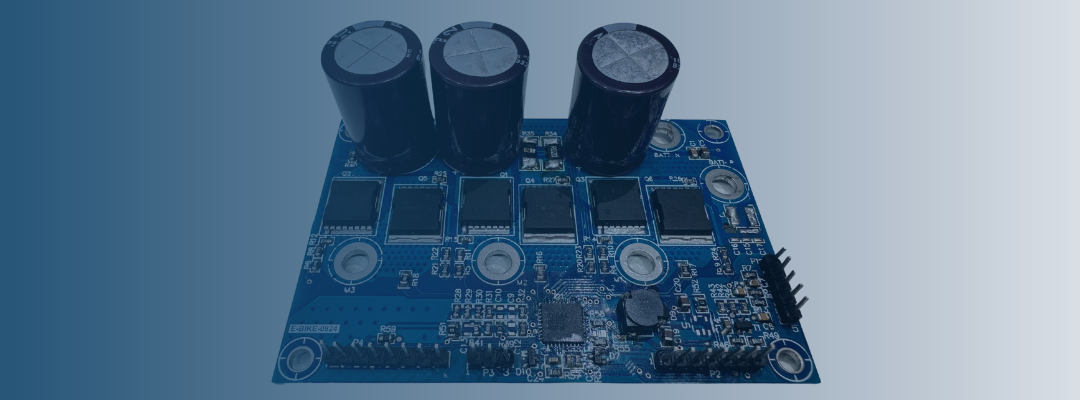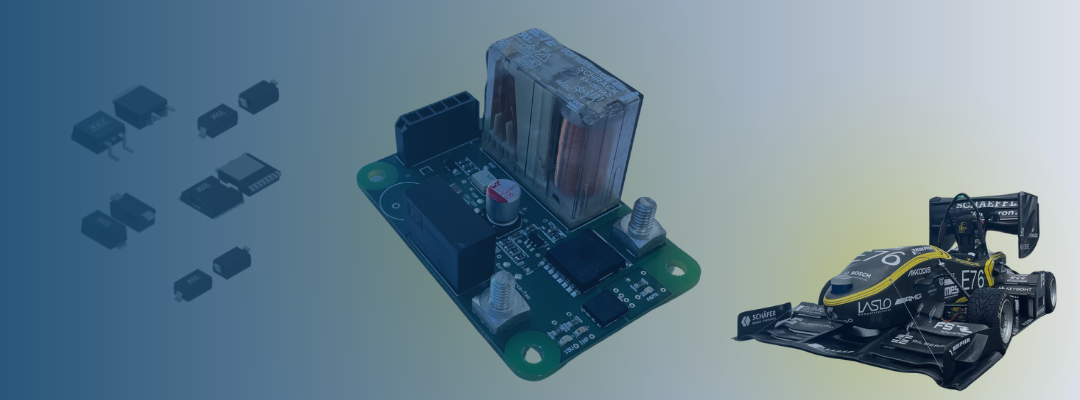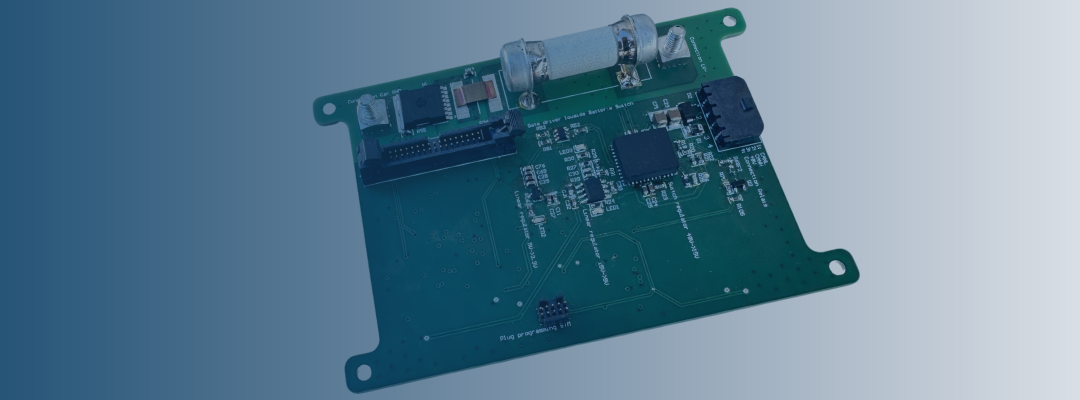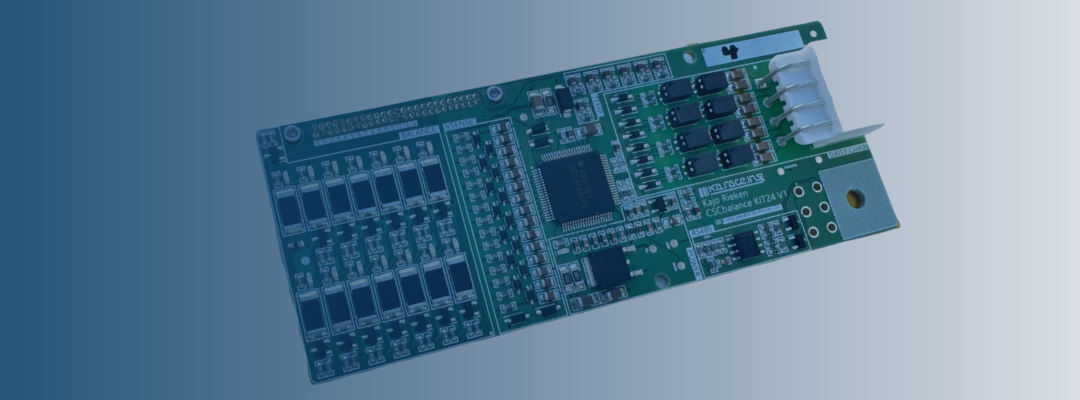Revolutionizing the Driving Experience in More Ways Than One
It’s no surprise that modern vehicles are transitioning from functional interfaces and systems to more high-tech options. In fact, it’s hard to even imagine a fully electric vehicle with minimal bells and whistles. As electrification and green initiatives drive change in the auto industry, in-cabin technologies will continue to evolve.
Thanks to smartphone connectivity, augmented and virtual reality, and even AI, the smart cabin has become a command central with advanced features to enhance the experience in many ways, including:
Safety - artificial intelligence, full-surround digital vision, and augmented reality combine in advanced driver assistance systems (ADAS), which provide an unprecedented level of safety.
Comfort - automatic climate control empowers in-cabin temperatures to adapt to interior and exterior conditions, while in-seat massages, lumbar support, and temperature settings ensure every drive is comfortable.
Personalization - connectivity options and artificial intelligence give vehicles the power to learn and adapt to individual user preferences.
As these technologies continue to advance, data privacy and security will remain top priorities, and autonomous systems will reduce the need for human intervention while promoting enhanced safety. Automakers are innovating by leaps and bounds. Yet, there’s one foundational category of components they all still rely on: discrete semiconductors.
How Discrete Semiconductors Enable In-Cabin Innovation
Discrete semiconductors are the unsung heroes of smart cabin technologies. These fundamental components lay the foundation for the complex electronic systems that manage a range of functions, from power regulation to signal processing. While their circuitry may be less sophisticated than their digital counterparts, discrete semiconductors are the platforms on which novel in-cabin advancements come to life.
Let’s walk through the many ways discrete semiconductors propel in-cabin technologies forward:
Providing Personalized Infotainment
Did you know discrete semiconductors are essential to state-of-the-art personalization and infotainment systems?
These components enable memory chips to store user profiles and preferences for ultimate personalization. They also help power management systems maximize efficiency for user interfaces requiring much power, such as AR/VR capabilities.
As for infotainment systems, discrete semiconductors are integrated into everything from the Wi-Fi and smartphone connectivity to voice recognition and navigation interfaces.
Advancing Safety Systems
When it comes to advanced driver assistance systems, discrete semiconductors are indispensable. You’ll find them embedded in sensors and cameras throughout the cabin and exterior that collect data for AI algorithms. This data is interpreted in real-time to provide situational awareness and navigation assistance that ultimately enhance safety. Power semiconductors ensure these complex systems operate safely and reliably when it matters most.
Laying the Groundwork for Extreme Comfort
Modern drivers expect their vehicles to be as comfortable as they are innovative. Technologies such as in-seat climate controls and massagers rely on discrete semiconductors, as well as memorizing driver seat settings for maximum comfort and visibility. They also manage the interior lights that enhance the experience, such as rear reading lights.
Facilitating Sustainability & Efficiency
The auto industry is constantly searching for ways to improve sustainability and energy efficiency. Discrete semiconductors are fueling these trends, empowering vehicles and EVs to optimize battery life and performance.
Promoting Connectivity & AI Integration
Vehicles are becoming smarter and more connected every day, thanks in large part to AI. However, discrete semiconductors are essential for processing the enormous volumes of data required for these advanced technologies to run smoothly. Discrete semiconductors also:
- Bolster communication modules, processes, and storage solutions
- Enable over-the-air updates
- Facilitate machine learning capabilities

Everywhere you look inside a vehicle’s smart cabin, you’ll discover must-have technologies with discrete semiconductors at their core. Providing essential power, control, and efficiency to sophisticated systems, these semiconductors have a vital role to play in where vehicles are now. As we navigate towards fully autonomous driving, the importance of semiconductors is sure to grow, cementing their role in shaping the automotive designs of tomorrow.
For additional insights on the future of power electronics in automotive, industrial, and beyond, be sure to check out the MCC blog or subscribe to our YouTube channel.
.png?width=50&height=50&name=mcc%20150x150%20(1).png)



